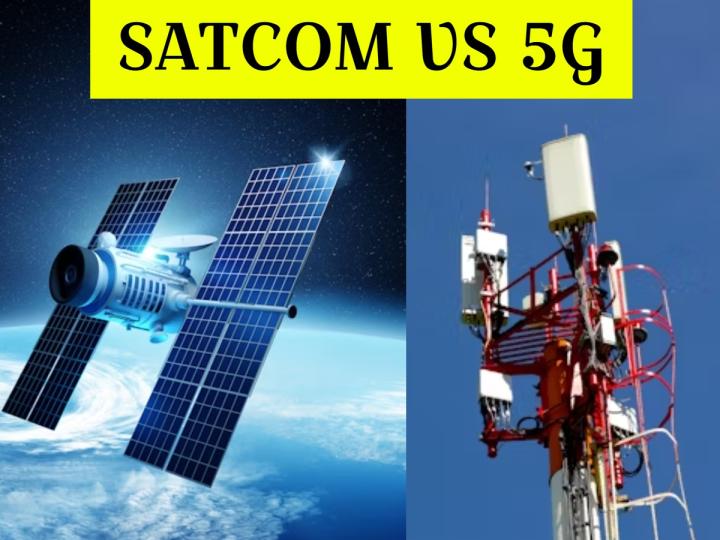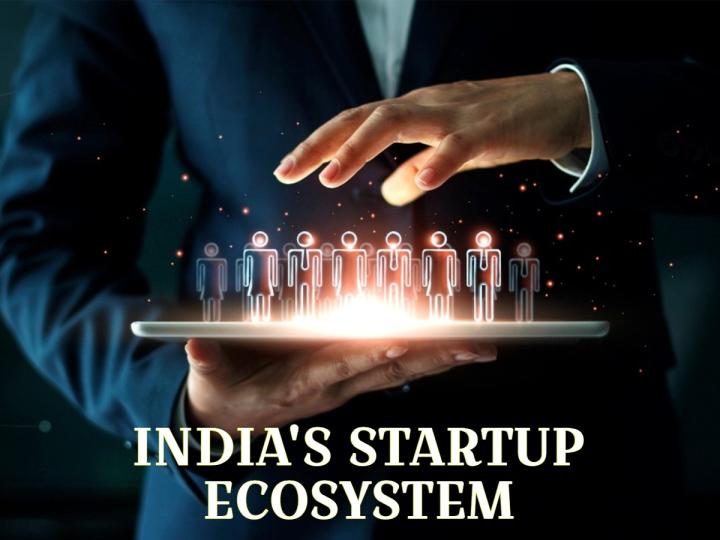
India is undergoing a connectivity revolution. With the launch of 5G networks and the rise of satellite communication (Satcom), a big question arises: Which technology will dominate the future of internet connectivity in India?
While 5G promises ultra-fast speeds in cities, Satcom offers reliable coverage in remote areas. Let’s explore the differences, advantages, and the role both will play in shaping India’s digital future.
Satcom (Satellite Communication) uses satellites orbiting Earth to provide internet, broadcasting, and telecom services. Unlike fiber or towers, Satcom beams signals directly, covering mountains, deserts, oceans, and rural villages.
✅ Best for: Remote connectivity, rural areas, disaster recovery, defense, and mobility (ships, aircraft).
5G (Fifth-Generation Mobile Network) is the latest mobile network offering super-fast speeds, low latency, and high device capacity. It works through a dense network of ground-based towers and fiber optic cables.
✅ Best for: Smart cities, IoT, autonomous vehicles, gaming, and high-speed urban internet.
📶 Coverage
Satcom: Global coverage, including rural & remote areas
5G: Mostly urban & semi-urban regions
⚡ Speed
Satcom: 50–150 Mbps (varies by provider)
5G: Up to 10 Gbps
⏱ Latency
Satcom: 30–50 ms (with Low Earth Orbit satellites)
5G: 1–10 ms (ultra-low latency)
🏗 Infrastructure
Satcom: Satellites in orbit + ground terminals
5G: Dense mobile towers + fiber optic backbone
💰 Cost
Satcom: Higher (equipment + subscription fees)
5G: Lower for mass users (mobile data plans)
📌 Best Use Cases
Satcom: Rural internet, defense, aviation, disaster recovery
5G: Smart cities, IoT, AR/VR, real-time gaming, streamin
OneWeb (Bharti Airtel) has launched 600+ satellites for global broadband.
Reliance Jio is entering the satellite internet market with affordable services.
ISRO supports with launches and research.
By 2030, Satcom could provide internet to 100M+ rural users in India.
Launched in 2022, 5G is already available in 700+ districts.
Ideal for urban users, industries, and smart devices.
By 2026, 5G subscriptions in India are expected to cross 350 million.
The short answer: No.
Satcom and 5G are complementary technologies.
5G will dominate cities with fast, affordable mobile internet.
Satcom will cover rural, remote, and difficult-to-reach areas where 5G towers aren’t feasible.
Together, they will power India’s Digital India mission, ensuring universal internet access.
Q1. Which is faster: Satcom or 5G?
👉 5G is faster, with speeds up to 10 Gbps, while Satcom offers around 100 Mbps.
Q2. Which is cheaper in India?
👉 5G is cheaper for urban consumers. Satcom is costlier but becoming more affordable with Jio and OneWeb.
Q3. Can Satcom work with 5G?
👉 Yes, hybrid networks (5G + Satcom) will provide seamless nationwide coverage.
Q4. When will Satcom internet be available in India?
👉 Commercial rollout is expected by 2025–2026.
Q5. Which is better for rural India: Satcom or 5G?
👉 Satcom is better for rural and remote areas where laying fiber or towers is difficult.
India’s internet future will be shaped by both Satcom and 5G. While 5G will dominate cities with affordable high-speed internet, Satcom will connect rural India, bridging the digital divide.
Together, they will ensure India moves closer to becoming a truly connected nation.




